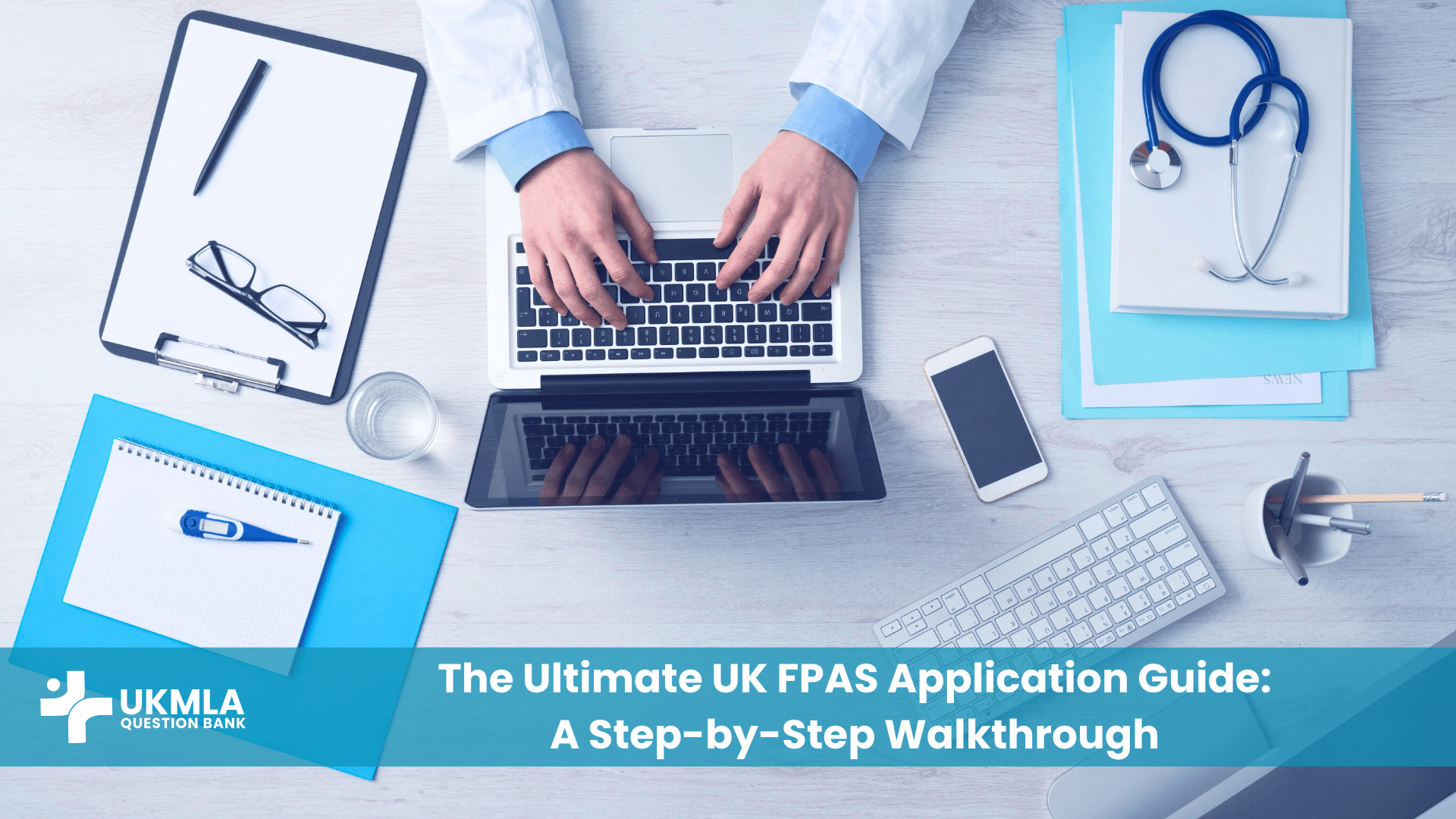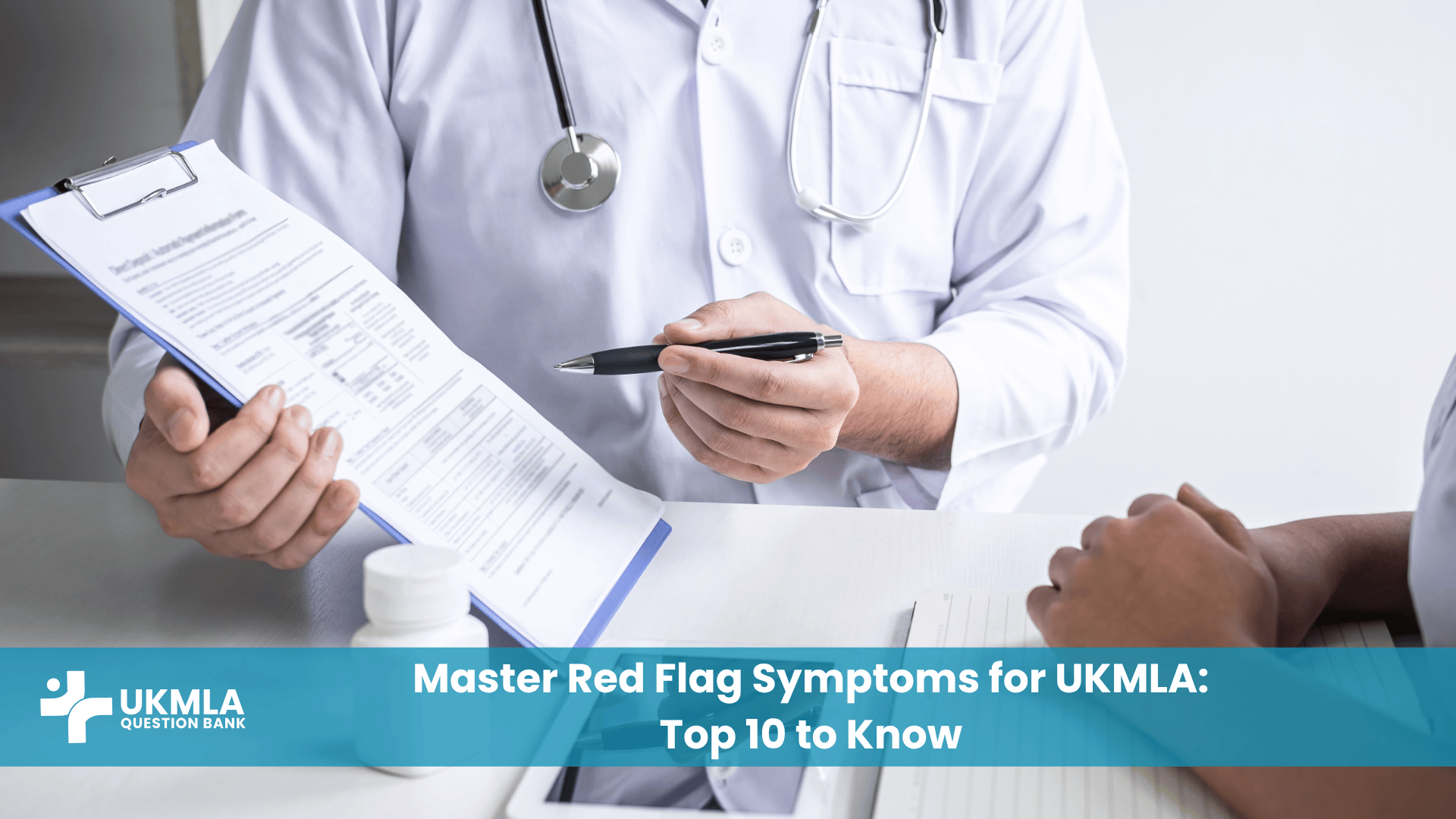Introduction
A strong uk fpas application guide is essential because passing the UKMLA is only half the battle; the next crucial step in your journey to becoming a UK doctor is successfully navigating the UK Foundation Programme Application Service (FPAS). This centralized system is the gateway to your first two years of training as a junior doctor (F1 and F2). For many, especially International Medical Graduates (IMGs), the FPAS can seem like a complex and opaque process with its own unique scoring systems and timelines.
This guide is designed to demystify the entire process from start to finish. We will provide a clear, step-by-step walkthrough of the application, explain the critical components of your final score, and offer strategies for ranking deaneries and programmes. By understanding the system and preparing methodically, you can maximize your chances of securing a desirable post and starting your UK medical career on the right foot.
Table of Contents
ToggleBefore You Apply: Key Preparation Steps
A successful FPAS application begins months before the submission window opens. Proper preparation is key to a smooth and stress-free process.
Understanding the FPAS Timeline: When to Start Preparing
The FPAS operates on a strict, nationally-set timeline. You must familiarize yourself with the key dates, which are published on the official UK Foundation Programme Office (UKFPO) website. Typically, registration opens in the summer, with the application window in the autumn. It’s crucial to know these dates well in advance to ensure you have all your documentation and preparation in order. This process follows on directly from the timeline for UKMLA registration and results.
Gathering Your Essential Documents: A Checklist
Both UK graduates and IMGs will need to provide a range of documentation. For IMGs, this is a particularly important step that can include evidence of your primary medical qualification, English language proficiency (IELTS/OET), and potentially a UK visa. UK students will have their academic information verified by their medical school. Start gathering and verifying these documents early to avoid any last-minute panic.
The Situational Judgement Test (SJT): A Crucial Component
The SJT is a significant part of your FPAS application. It’s a national test designed to assess your professional attributes and judgment in various clinical and ethical scenarios. It is not a test of clinical knowledge but of your professional decision-making. Your score on the SJT makes up 50% of your final FPAS application score, so dedicated preparation for this test is essential.
The Application Process: A Step-by-Step Walkthrough
The application itself is completed through a portal called Oriel. The process can be broken down into several key stages.
Registration and Navigating the Oriel System
The first step is to register on the Oriel system during the designated window. Familiarize yourself with the interface. It can seem clunky, but it is the required portal for all applications. Ensure all your personal details are entered correctly and that you have uploaded any required initial documentation.
Understanding the FPAS Scoring System (EPM and SJT)
Your final FPAS score, which determines your national rank, is composed of two parts, each worth up to 50 points: the Educational Performance Measure (EPM) and the Situational Judgement Test (SJT). Your total score (EPM + SJT) gives you a rank out of 100. A higher rank gives you a better chance of being allocated one of your top-choice programmes.
Strategically Ranking Deaneries and Programmes
This is one of the most important parts of your application. You will be required to rank all the UK’s deaneries (regions) in order of preference. Within each deanery, you can then rank the specific programmes or groups of jobs. A high national rank gives you a better chance of securing a place in a competitive deanery like London. Research each deanery carefully, considering factors like geography, training reputation, and lifestyle.
A Deep Dive into the uk fpas application guide
Maximizing your score requires a focus on the two key components: the EPM and the SJT.
Maximising Your Educational Performance Measure (EPM) Score
For UK medical students, the EPM is largely determined by your performance throughout medical school. Excelling in your university exams to secure a higher decile ranking is the most direct way to boost your EPM. Some medical schools also award a small number of EPM points for additional degrees or publications, but the decile ranking is the most significant factor. For IMGs, the calculation is different, and you should consult the official UKFPO guidance for the specifics for your application year.
Strategies for the Situational Judgement Test (SJT)
The SJT is a test you can and absolutely should prepare for. While it’s not about clinical knowledge, it’s about understanding the professional and ethical standards expected of UK junior doctors.
Read the GMC Guidance: The answers to SJT questions are based on the principles in GMC documents like “Good Medical Practice.”
Use a Question Bank: Work through a dedicated SJT question bank to familiarize yourself with the question formats and common scenarios.
Group Discussion: Discussing difficult scenarios with peers is one of the most effective ways to understand different perspectives.
For detailed official information on the test, the Medical Schools Council (MSC) website is an essential resource as they co-manage the exam.
Key Strategy: The SJT rewards answers that are patient-centered, safe, and demonstrate an understanding of the limitations of a junior doctor. Always think, “What is the safest and most empathetic thing to do for the patient in this situation?”
Table 1: FPAS Score Components
| Component | Maximum Points | Description | Key to Success |
| EPM | 50 | Educational Performance Measure based on medical school performance. | Consistent high performance in university exams. |
| SJT | 50 | Situational Judgement Test assessing professional attributes. | Dedicated practice with a QBank and understanding of GMC principles. |
| Total | 100 | Determines your national rank for programme allocation. | A balanced performance across both components. |
After You Submit: What Happens Next?
The process doesn’t end when you click submit.
Understanding Offers, Reserve Lists, and Clearing
Once all scores are compiled, you will be allocated to a foundation school (deanery) based on your rank and preferences. High-ranking applicants will receive an offer from one of their top choices on the national offer day. If you score lower, you may be placed on a “reserve list.” The UKFPO also runs a “clearing” process for any unfilled posts after the initial allocation.
Pre-Employment Checks and Preparing for Your F1 Year
Once you have accepted a post, you will need to complete a series of pre-employment checks, including a DBS check (criminal record check) and an occupational health review. This is also the time to start preparing for your first day as a doctor. This is a crucial period, especially for IMGs navigating their next steps. The entire journey requires a resilient and positive approach, as detailed in our guide to the mindset for UKMLA success.
Frequently Asked Questions (FAQ) about the UK FPAS Application
The form itself is straightforward. The difficult part is the strategic thinking required for ranking programmes and the dedicated preparation needed for the SJT.
No, the national system requires you to rank all available deaneries in order of preference.
It depends on your medical school. Some universities award a small number of extra points for additional degrees, but the majority of the EPM score is derived from your ranking within your medical school cohort.
The SJT is typically sat in a specific window during your final year of medical school. The exact dates are published annually by the UKFPO.
No, it is a ranked exam. Your score directly contributes to your final FPAS rank. There is no “pass mark.”
Yes, all applicants to the UK Foundation Programme, including IMGs, must sit the Situational Judgement Test.
Since IMGs do not have a UK medical school decile, their EPM score is calculated differently, often based on their application score relative to other applicants. The UKFPO provides specific guidance on this each year.
If you are not immediately allocated to a programme, you may be placed on a reserve list. As other candidates withdraw, posts become available and are offered to those on the reserve list.
There is a very limited appeals process, but it is generally only for procedural errors in the administration of the test or calculation of the score, not for disagreeing with your mark.
The SJT. While a strong EPM is important, the SJT is the one component that you have complete control over during your final year of preparation. A high SJT score can significantly improve your final rank.
Conclusion
The UK Foundation Programme application is a daunting but navigable process. Its successful completion is the culmination of your entire medical school journey, translating your UKMLA pass into your first job as a doctor. The key to a successful application is to be organized, strategic, and well-prepared, particularly for the high-stakes Situational Judgement Test.
By understanding the timeline, familiarizing yourself with the Oriel system, and making informed decisions about your deanery rankings, you can approach the application with confidence. Use this guide as your roadmap, refer to the official UKFPO and MSC websites for the latest details, and remember that a methodical approach will give you the best possible chance of securing the foundation programme of your choice.




